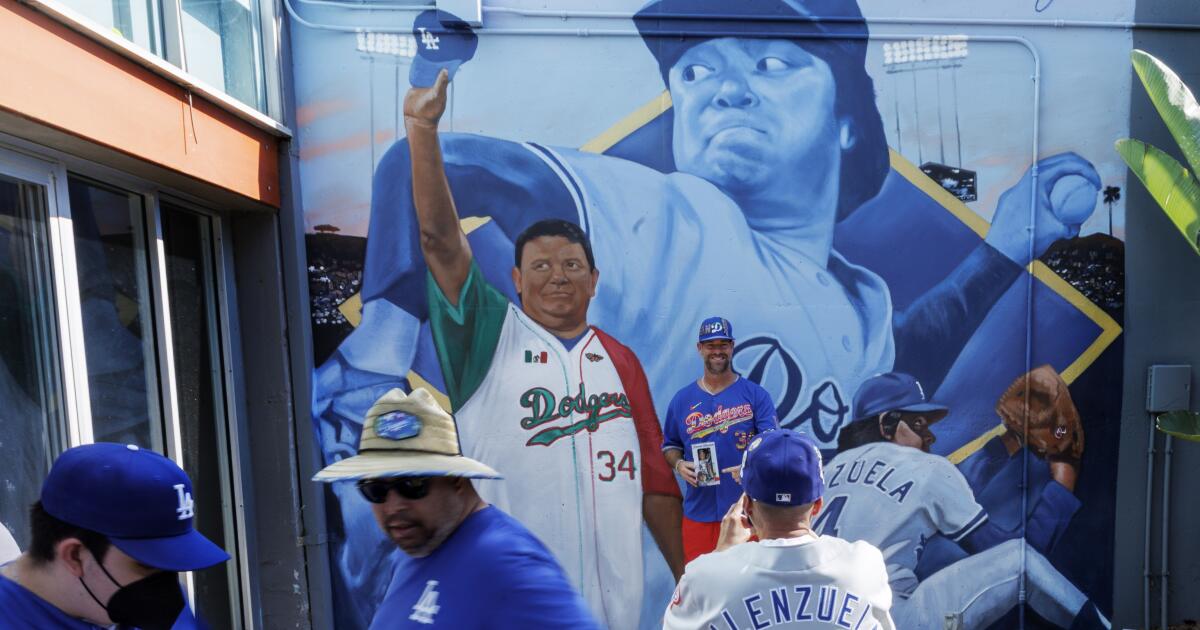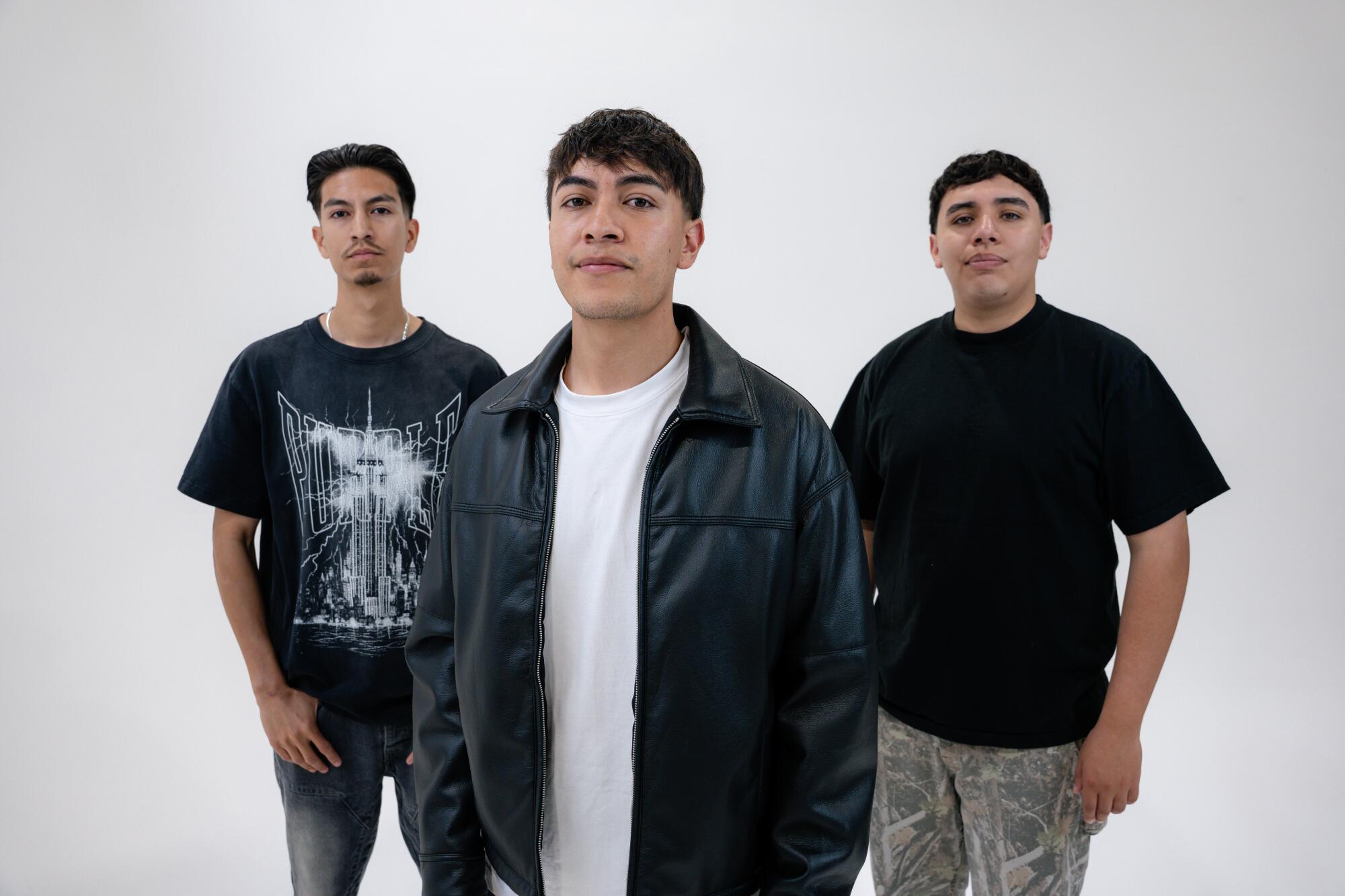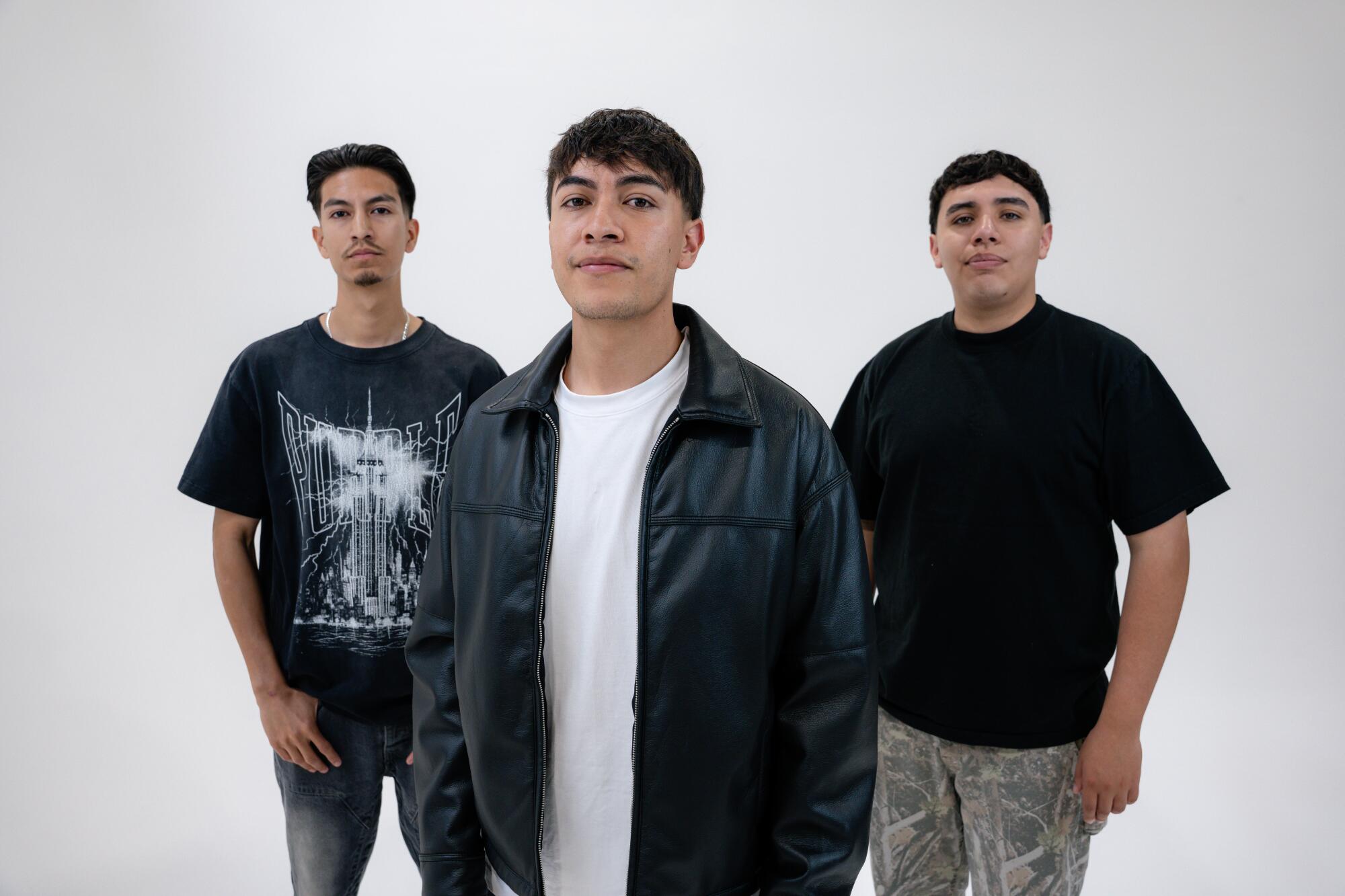New mural at Dodger Stadium honors Fernando Valenzuela
Nine months after his death, Fernando Valenzuela stands immortalized in a new mural on the loge‑level wall at Dodger Stadium — a vibrant fusion of art and legacy unveiled Saturday.
Painted by Mexican American artist Robert Vargas, the mural shows Valenzuela tipping his cap to the sky in a Dodgers Mexican‑heritage jersey — featuring a green sleeve, red sleeve, white center — alongside two striking images of Valenzuela in his pitching stance. Vargas said the mural is meant to symbolize unity within the Latino community.
“I felt it very important to show that the Latino community has a place within these walls and has had a place within these walls,” Vargas said.
He wanted to reflect Valenzuela’s spirit that still lives in the hearts of many fans and feature the man behind the player.
“What he did in the community, is what resonates so much more for me than just the player — but the man, the person that he was,” Vargas said.
Valenzuela played for the Dodgers from 1980 to 1990. He grew up in Etchohuaquila, a small town in Mexico, and took Major League Baseball by storm in 1981, earning rookie of the year and Cy Young honors. Latino fans who previously felt little connection to the Dodgers were thrilled to see one of their own winning, sparking Fernandomania. Valenzuela wore No. 34 and it remains a popular jersey worn by fans at Dodger Stadium.
Claudio Campo choked up as he gazed at the tribute. Traveling from Phoenix with his son to celebrate the boy’s 11th birthday, Campo shared memories of a player whose greatness felt deeply personal. Valenzuela’s nickname, “El Toro,” are inked on Campo’s left arm.
“He was a staple for the people that didn’t have anything and then where he came from showed that anything is possible if you go ahead and revive what you are,” Claudio said.
Fans holding Valenzuela bobbleheads given away by the Dodgers took their pictures in front of the new mural Saturday night.
Longtime fan Dulce Gonzalez held back emotion as she showed off her shirt with the name “Valenzuela” written across it, describing the reason she started watching baseball.
“He was the first Latino player I could truly connect with and be proud of,” she said.
For Gonzalez, Valenzuela’s story resonated because he came from the same roots, offering representation she had longed for.
“We are a melting pot of races here, people love baseball from all races, but because I am Latina, I feel a little bit more connected,” she said.
Her son, Nicolas, dressed in a red and green Dodgers Mexican-heritage jersey, said Valenzuela helped heal some wounds after Mexican American families were displaced from their homes in Chavez Ravine shortly before Dodger Stadium was built on the same land.
“He really opened the city up to the Dodgers after a long difficult entry and he really represented triumph over adversity,” Nicolas said.


